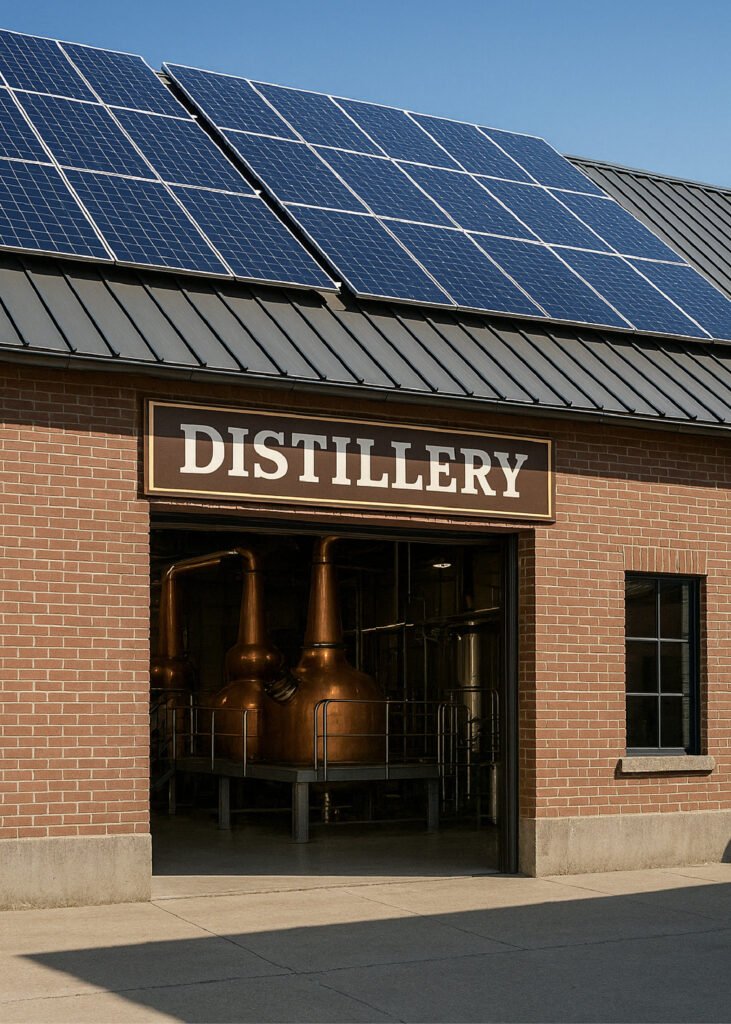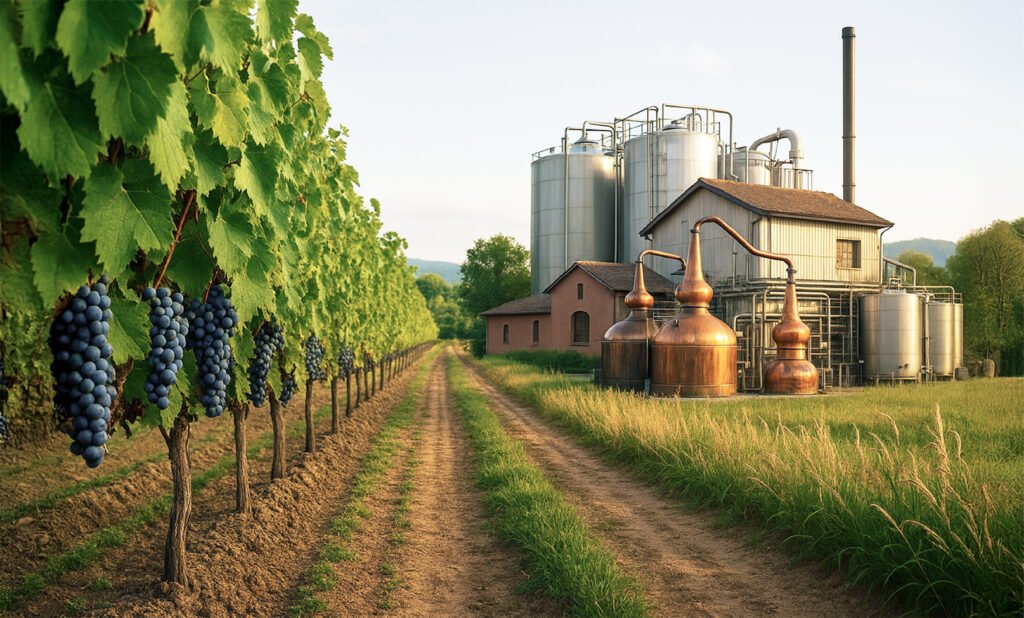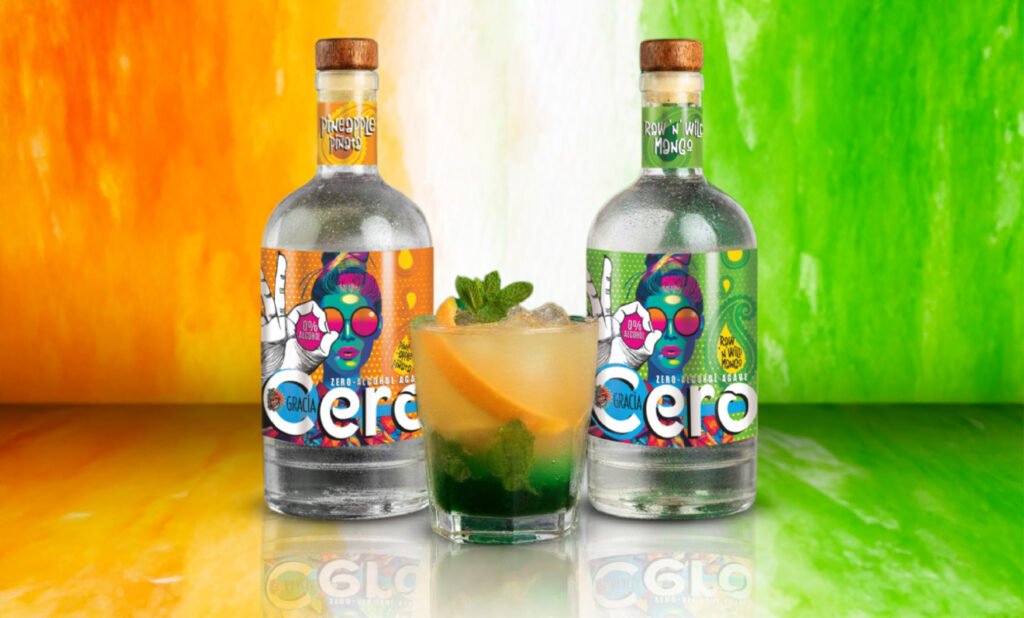The Indian alcoholic beverage (alcobev) industry is undergoing a significant transformation, with a pronounced shift towards ethical sourcing in its supply chain. This movement reflects a growing commitment to sustainability, environmental stewardship, and social responsibility among key players in the sector.
India And Her Love For Strong Beer
Embracing Sustainable Agriculture
Leading the charge, Diageo India has initiated a regenerative agriculture program in Telangana, collaborating with over 220 farmers across 15 villages. This initiative focuses on sustainable farming practices, aiming to reduce carbon emissions and water usage associated with rice production—a primary raw material for the company. By providing training on soil health management and efficient water use, Diageo India is fostering economic and environmental resilience within local communities.
Similarly, AB InBev India has expanded its global Smart Agriculture program to the country, working with over 2,000 farmers to promote responsible barley cultivation. The program emphasizes water conservation and crop rotation, ensuring high-quality barley production while safeguarding the environment for future generations.

Innovations in Water Conservation
Water conservation is a critical concern for the alcobev industry, given its substantial water footprint. Bira 91 has addressed this by treating and converting 100% of its wastewater into clean water, which is then repurposed for refrigeration, irrigation, and steam generation. This approach not only reduces water consumption but also minimizes environmental impact.
What Makes Sola One of the Best Bars in Pondicherry
In a technological leap, Bengaluru-based start-up Uravu Labs has developed a system that generates potable water from humid air using renewable energy sources. Partnering with industry giants like Anheuser Busch InBev and Radico Khaitan, Uravu Labs is piloting projects to integrate this innovative solution into the alcobev supply chain, further enhancing water sustainability efforts.
Transitioning to Renewable Energy
The shift to renewable energy is another facet of ethical sourcing in the alcobev industry. Bira 91’s Mission to Zero initiative aims for carbon neutrality by 2025 through a comprehensive plan that includes transitioning to 100% clean energy, targeting 10 megawatts of solar power within three years. The company has already eliminated coal usage across its breweries and achieved net carbon neutrality at its Mysuru facility.
AB InBev India is also making strides in this area, with approximately 80% of operations at its Karnataka brewery powered by renewable energy as of 2023. The company is committed to sourcing 100% renewable electricity and reducing carbon emissions by 25% across its value chain by 2025.

Advancements in Sustainable Packaging
Ethical sourcing extends to sustainable packaging solutions, with companies adopting circular approaches to minimize waste and improve environmental outcomes. Pernod Ricard India’s ‘Grain to Glass’ initiative incorporates a 5R strategy—Rethink, Reduce, Reuse, Recycle, Respect—to achieve a 54% reduction in emissions by FY30. The company utilizes solar and biomass energy and is actively investing in sustainable packaging practices that support long-term circularity.
AB InBev India is also innovating in sustainable packaging, with about 57% of its glass bottles being returned and containing over 46.6% recycled content. The company collaborates with pubs, retail outlets, and supply chain partners to create systems that enhance retrieval and reuse, thereby contributing to a thriving circular economy built on sustainable packaging principles.
As more companies acknowledge the environmental impact of their packaging, the shift to sustainable packaging is becoming not just an option but a necessity. It plays a crucial role in ethical sourcing, reducing both material waste and carbon emissions, while aligning with growing consumer expectations for greener alternatives.
The Road Ahead
The shift to ethical sourcing in India’s alcobev supply chain signifies a broader industry commitment to sustainability and environmental responsibility. As companies continue to adopt and innovate in sustainable practices—including the widespread use of sustainable packaging—the industry moves closer to a future where ethical sourcing is not just an initiative but a standard.
This evolution reflects a growing awareness among consumers and producers alike, highlighting the importance of responsible practices in shaping a sustainable and ethical alcobev industry in India.






